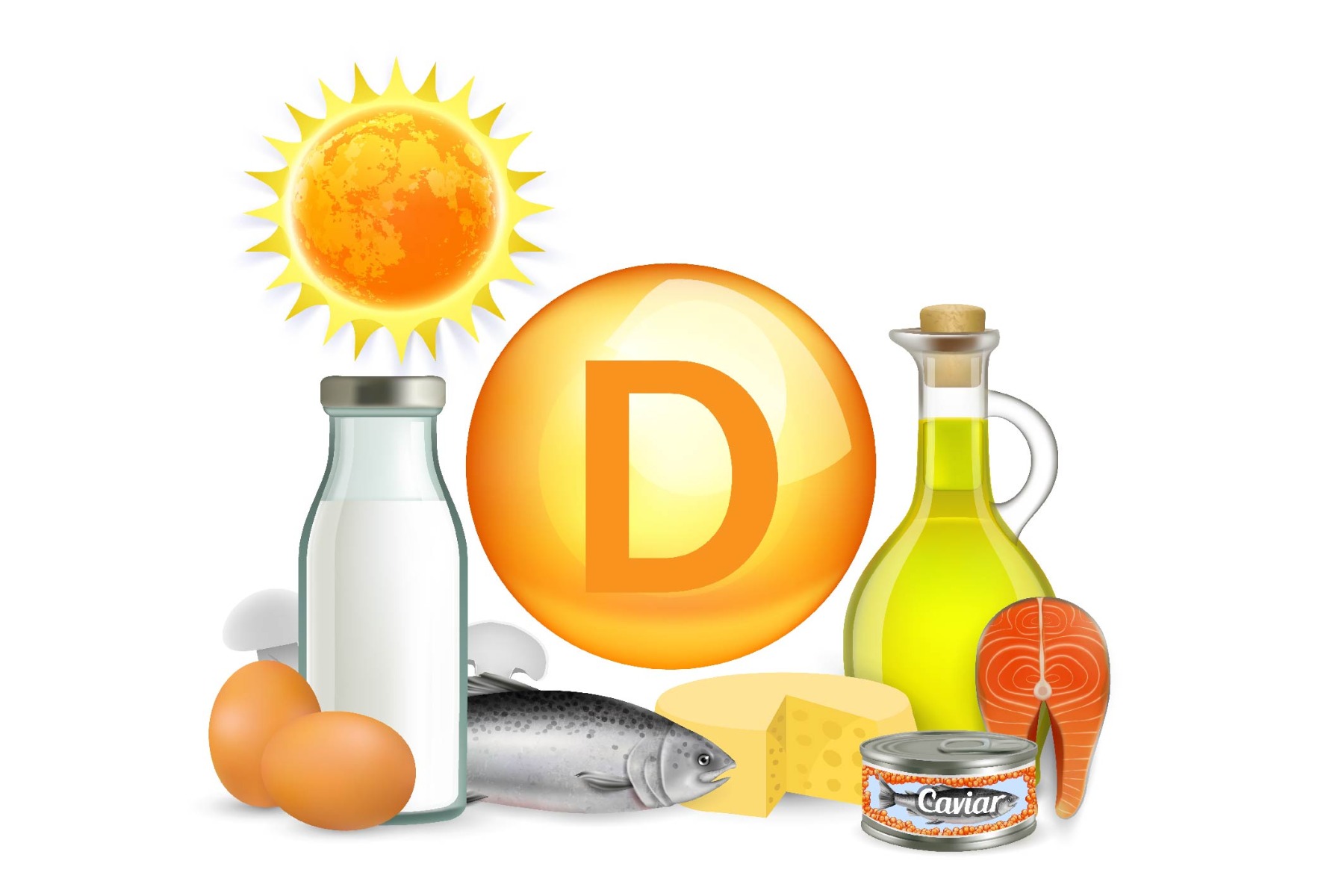In a world increasingly focused on optimal health and wellness, people are paying more attention to supplements and vitamins. Yet, amid the focus on trendy nutrients for glowing skin or overall fitness, one essential player often goes unnoticed: vitamin D. While it's widely known for its role in maintaining healthy bones, vitamin D does far more, influencing immunity, calcium absorption, and general well-being. Understanding its benefits and learning how to maintain optimal levels is crucial to supporting long-term health.

The Many Benefits of Vitamin D
Vitamin D is indispensable for calcium absorption, making it essential for building and preserving strong bones and teeth throughout life. Beyond this, it plays a vital role in enhancing immune function, helping the body fend off infections, illnesses, and chronic diseases. Research increasingly highlights the connection between adequate vitamin D levels and better immune responses, reinforcing its importance for everyday health. Simply put, vitamin D helps your body stay strong, balanced, and resilient.

How to Get Vitamin D Naturally
Our bodies have a remarkable ability to synthesize vitamin D when skin is exposed to sunlight. Morning and late afternoon are ideal times to get this sun exposure while minimizing the risks of intense UV radiation. However, sunlight isn’t the only source. Foods such as salmon, mackerel, sardines, egg yolks, and fortified products like milk and cereals also contain vitamin D. A combination of moderate sun exposure and vitamin D-rich foods can help meet your daily requirements naturally.

Why Is Vitamin D Deficiency So Common?
Even in sunny climates, vitamin D deficiency affects millions worldwide. Busy schedules and indoor lifestyles, including long hours in offices, often restrict people from getting adequate sun exposure. Moreover, the increased use of sunscreen, while essential for skin protection, can interfere with the body’s ability to produce vitamin D. Regular blood tests are the most effective way to monitor your vitamin D status. Levels of 25-hydroxyvitamin D below 30 ng/mL indicate a deficiency, while maintaining levels above 30–50 ng/mL is ideal for most individuals.

Optimizing Your Vitamin D Levels
The amount of vitamin D you need depends on various factors, such as age, lifestyle, and individual health conditions. For most adults, maintaining a range of 50–60 ng/mL is often recommended for optimal health. This can be achieved through sun exposure, a vitamin D-rich diet, and supplements when needed. In some cases, healthcare professionals may recommend injections for those with significant deficiencies or absorption issues.

Being proactive about your vitamin D levels is a simple but impactful way to boost your well-being. Incorporating sun-safe outdoor activities, enjoying foods that are high in vitamin D, and consulting with your healthcare provider can help you maintain a healthy balance. Taking these steps can significantly reduce the risk of deficiency, allowing you to stay energized and healthy for the long run.





Sign In
Create New Account